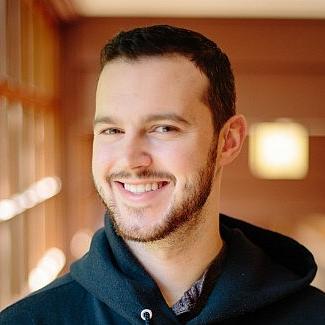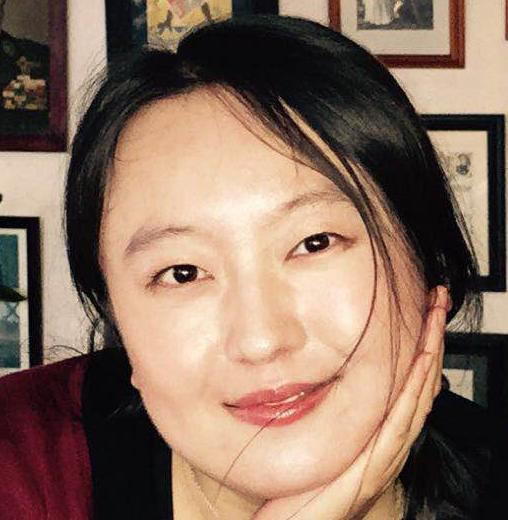Henry Paulson's speech in Hong Kong:
Mr. Henry Paulson Jr, 74th USTreasury Secretary was invited to a dinner event hosted by China United States Exchange Foundation. Mr. Paulson gave a short speech during the event and answered two questions posed by CUSEF Chairman Mr. Tung Chee Hwa and CUSEF Governing board member Mr. Ronnie Chan.
Date: April 11, 2011
Now, in terms of what I'm doing, I'm going to, working with Wendy, concentrate a lot of my efforts on conservation and the environment. And a very big part of my efforts are going to be on US-China relations. And I'm going to be quite engaged and I’m going to focus in two general areas. Economic, increasing the economic activities between our two nations, investment, you know, economic activity, jobs. There’s no doubt in my mind that more can be done to help clarify the investment process, because the more cross boarder investment we have, the more US investment in China and the more Chinese investment in US, the stronger the relations will be between the two countries. I also believe that this is a very important point in the world’s history. The pace of change is extraordinary. The risks we see, when you just look at what’s going in the Middle East, or what’s going on with oil prices, or the tsunami in Japan, it reminds us of how interrelated we all are.
Q1: Hank, if today you are Mr. Bernake or Mr. Tim Geithner, is QE 2 going to be stopped very soon? Or is it something that is going to go on for some, a bit of time here?
A1: You’ll have to ask Ben Bernake and the Fed. I’ll say this about QE 2 though, and I probably shouldn’t comment because, you know, as a treasury secretary, I didn’t talk about monetary policies, so as a former treasury secretary I probably shouldn’t, but I’ll talk a little bit about it anyway. Because I do believe that the intend is have a healthy, growing US economy, and I have no doubt that that is going to be, over time to have a strong dollar. And I have always been a really strong advocate of a strong dollar, and an aggressive advocate of a strong dollar. Now, I recognize and when you’re travelling through Asia you see first hand, that we have very different economies and very different stages of the economic cycle and of development with different needs. I think the, after the crisis, the world came together and there was very very good coordination. And I think right now what we’ve got is, you know, China’s economy is doing very well, Asia economy is doing well, the US economy is growing and picking up some steam, further to go. There’s more issues and different spots in Europe so, so we’ve got different needs, and I think that, you know, that by enlarge what I see is I see the US and other countries looking to do what they can to strengthen their economy while recognizing that we’re all inter-related. So, this is I am, but I am positive about the US economy in the second half, I think the growth is, you know, unemployment will come down slowly and that is going to be a nagging problem for awhile but I see more growth in the second half and looking forward, and so that is as specific as I can be because other than that…
Q2: Over the years C H and I have always lamented the fact that most Americans really don’t understand China well enough, and in particular politicians. And so the businessmen tend to have to take the lead. And in the last generation we did have a few of those, but they are getting out of age. And so C H and I have always been talking about, “Hey, who is the next commercial ambassador to China”. And I am very happy tonight to tell you Hank that I have found it. You have a new job.
I have never been a US Secretary of Treasury and so I don’t know what an Ex-Secretary of Treasury does, but can you tell us a little bit more about your ideas on how you, given your very unique position, have known Chinese for 20 years, known Jiang Zemin and generations of leaders, what specifically can you do and will you do to better that relations? We here in Hong Kong, I’m sure, stand ready to be of help to you, and to do what we can. But we’d like to know more what you plan to do. And also, broaden that a little, in general, what do you plan to do? What do you plan to spend your time? Besides just environment, what else? And what institutional relationship if any?
A2: Well, I’m not prepared to talk about institutional relationships right now, that I am setting up. But first of all, I will spend a significant percentage of my time on conservation and environment. I mean even on this trip to China I spent a day with the Minister of the SFA, State Forestry Administration, out visiting a tree farm. Because in China they are going to plant 10 billion trees a year. When I say that to my US friends, they think, “Gee, there you are exaggerating again”, but it’s 10 billion a year and its really very commendable. So I’m talking with the Minister Jia of the SFA about some joint ventures, one on, you know, a tree farm , another a joint venture with the foreign countries to work to limit illegal cutting and trafficking in tropical hardwood, that kind of thing, so I got an interest there. I spent a day going to Tianjin with Fu Chengyu to Lishen, which is a battery maker, a lithium-ion battery maker for electric cars but also for storage, electric storage for solar, wind and so on. And I’ve been an investor in Coda, which is an electric car manufacturer, which is a joint venture partner. So I am interested in that.
Now, I guess what Ronnie would like to say is, I mean I care about this relationship, I will travel to China several times a year and I will be looking to engagements, because I am not, what I want to do and what I have always been pretty good at is getting things done, whether it is conservation projects, or privatizations or whatever getting things done. And so I will be looking for engagement in two broad areas, which are related. One is investment, OK? And Chinese investment in the US, and US investment in China. And I think, cause I am not working in the government anymore, I will be focusing on helping people demystify the investment process, clarify it, working it at grassroots level, provincial level in China with Governors or Mayors in the US. I had, I really enjoyed my work in China in some of the privatizations earlier on, early, you know, for China Mobile, PetroChina, Bank of China. And I remembered when Zhu Rongji gave an early speech just after he became the Premier, he said he looked forward to the day when some of the state-own enterprises will be private. Cause now they are making money hand over fist. But they are in the very early stages of becoming international companies. So I think that’s another area maybe I could be helpful. And I enjoy working with companies and helping them understand their ecological footprint and environmental footprint, and how to do things in a way, which would have got the highest environmental standards. And then when you look at US and China as I said before, two big, biggest importers of oil in the world, the biggest emitters of carbon, I think again engagement there at the…
One of the last things I did as Treasury Secretary was, together with Wang Qishan at the SED, put in place the ten-year framework for energy and environment. So I think there is a lot of ways to cooperate. So my ideas, I just, is nothing different than any of you are doing, which is that if you have, the more engagement you have, the more investment you have, that then when the inevitable difficulties take place, or whenever it is happening politically, in Washington or Beijing, it would be easier to bridge those, the more ties we have between our two countries. So, that’s it, but I have got to tell you I am also don’t want to work as hard as I did as Treasury Secretary or when I ran Goldman Sachs, I want to spend time with grand children, I want to fish, you know. And I want to look at birds, ride my bike, ski. Thank you all very much. Thank you very much.


